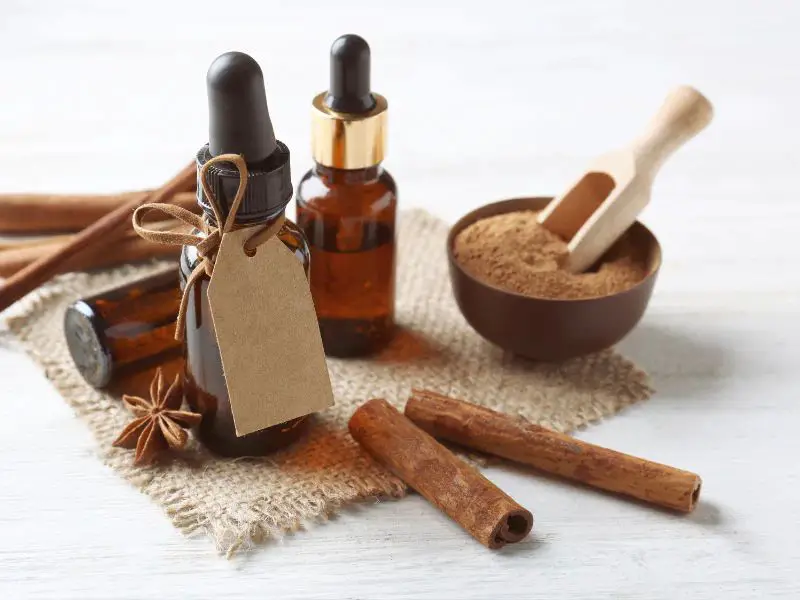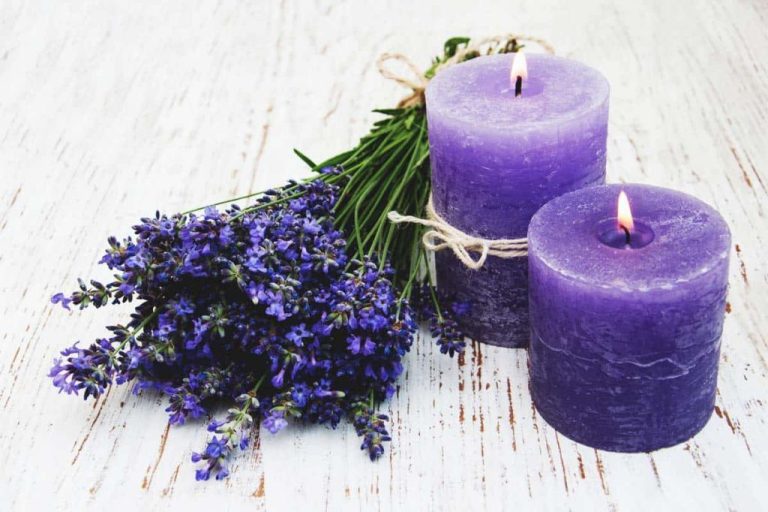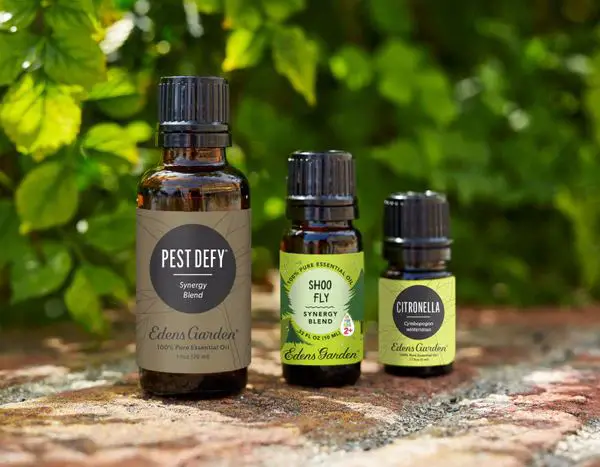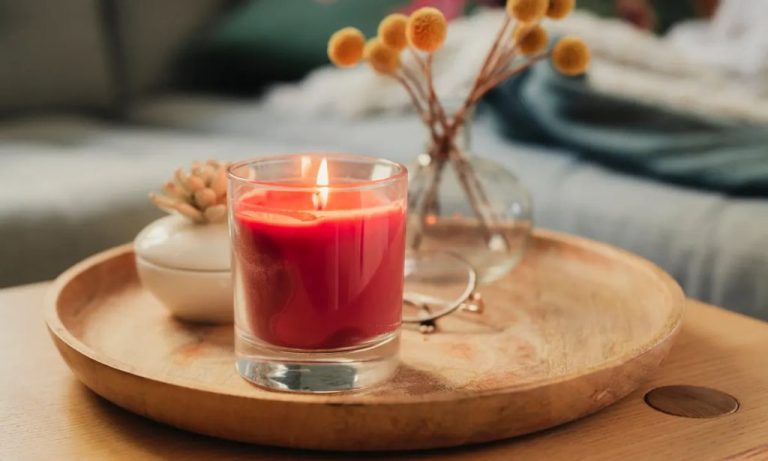What Do You Mix Cinnamon Essential Oil With?
Cinnamon essential oil is extracted from the bark or leaves of the cinnamon plant. It has a warm, spicy aroma and is amber to dark brown in color.
Cinnamon oil is popular for its many uses and health benefits. It has been used for thousands of years as a natural remedy due to its antimicrobial, antioxidant, anti-inflammatory, and anticancer properties.
Some of cinnamon oil’s most common uses are in skin care, hair care, aromatherapy, cleaning, air freshening, insect repellent, and DIY gifts. It can help fight infections, boost brain function, regulate blood sugar, soothe muscle pain and more.
Carrier Oils
When using cinnamon essential oil topically, it’s important to dilute it with a carrier oil before applying it to skin. Cinnamon oil is very potent and can cause skin irritation if used undiluted.
Some of the best carrier oils to mix with cinnamon essential oil are:
- Coconut oil – Coconut oil has moisturizing properties and mixes well with cinnamon oil. According to Healthline, a safe ratio is 1 drop cinnamon oil per 2 cups coconut oil.1
- Jojoba oil – Jojoba oil is moisturizing and mimics the skin’s natural oils. Volant Aroma recommends using a 3-5% dilution, or about 6-10 drops cinnamon oil per ounce of jojoba oil.2
- Olive oil – Extra virgin olive oil works well as a carrier for cinnamon oil. A 5% dilution of 1 teaspoon olive oil to 3 drops cinnamon oil is commonly recommended.
- Sweet almond oil – This lightweight oil blends smoothly with cinnamon oil. Use a 3-5% dilution as recommended for jojoba oil.

When diluting cinnamon oil, always start with a lower concentration and perform a skin patch test before wider application. Never apply undiluted cinnamon oil directly to skin.
Skin Care
Cinnamon essential oil can be a great addition to skin care and beauty recipes. When blended with carrier oils like coconut, jojoba, or sweet almond, cinnamon oil provides nourishing properties that are beneficial for the skin.
Here are some skin care recipes using cinnamon essential oil:
Cinnamon Face Wash
Mix 5 drops cinnamon, 5 drops grapefruit, and 10 drops tea tree oil with 1⁄2 cup liquid castile soap. Add to 1⁄2 cup water in a foaming soap dispenser. Shake well before each use. The cinnamon oil helps eliminate bacteria while providing a warming sensation (Source).
Cinnamon Toner
Combine 10 drops cinnamon, 5 drops sweet orange, and 5 drops frankincense oil with 1 cup witch hazel. Apply to skin after cleansing using a cotton pad. The cinnamon oil tones the skin while the other oils provide additional benefits (Source).
Cinnamon Moisturizer
Mix 5 drops cinnamon oil with 1 tablespoon coconut oil and 1 tablespoon shea butter. Apply to damp skin after showering. The coconut oil moisturizes while the cinnamon oil improves circulation.
Hair Care
Cinnamon essential oil can be used in various hair care recipes to help promote healthy, strong hair. It contains antioxidants that may support hair growth and a healthy scalp. Some popular ways to use cinnamon oil for hair include:
Shampoo – Add 2-3 drops of cinnamon essential oil to an unscented shampoo. Cinnamon’s warming properties increase circulation to the scalp which helps nourish hair follicles. One recipe is to mix 5 drops cinnamon oil with 1 tablespoon coconut oil and add to shampoo.[1]
Conditioner – You can make a nourishing conditioner by combining 2 tablespoons raw honey, 5 drops cinnamon oil and 1/4 cup coconut oil. Apply after shampooing and allow it to soak for 5-10 minutes before rinsing. The honey will help restore moisture while the cinnamon oil stimulates circulation.
Hair serum – Add 6-8 drops of cinnamon essential oil to 1 ounce of a carrier oil like jojoba, argan or coconut oil. Apply a few drops to damp or dry hair concentrating on the ends. This will help repair split ends and impart shine and luster. For an overnight hair treatment, massage the serum into your scalp and comb through to the ends before bed.
Aromatherapy
Cinnamon essential oil is often used in aromatherapy for its warming, uplifting scent. It blends particularly well with other spice and citrus oils. Here are some suggested aromatherapy uses for cinnamon oil:
Diffuser Blends:
- Stress Relief – Add 2 drops cinnamon, 2 drops orange and 1 drop clove oil to the diffuser.
- Energy Boost – Add 2 drops cinnamon, 1 drop grapefruit and 1 drop peppermint oil.
- Holiday Spirit – Combine 3 drops cinnamon, 2 drops fir needle, and 1 drop orange.
Massage Oil:
- Sore Muscle Relief – Mix 5 drops cinnamon oil with 1 tablespoon carrier oil like coconut or jojoba oil and massage into sore areas.
- Romance – Stir 3 drops cinnamon, 2 drops ylang ylang and 1 drop vanilla in 1 ounce carrier oil for a soothing sensual massage.
Cinnamon oil should always be diluted properly before use, especially for skin contact. Be sure to mix with a carrier oil first.
Cleaning
Cinnamon essential oil can be used to make natural, non-toxic cleaners that will disinfect your home and leave it smelling fresh and spicy. Some popular cleaning uses for cinnamon oil include:
All-Purpose Cleaner
Cinnamon oil has antimicrobial properties that make it great for disinfecting surfaces in your home. You can make an all-natural, cinnamon-scented cleaner by combining 1/2 cup vinegar, 1/2 cup water, and 15-20 drops of cinnamon essential oil in a spray bottle [1]. The vinegar cuts through grease and grime, while the cinnamon oil provides a warm, inviting aroma.
Wood Polish
Cinnamon oil can be used to polish and protect wood surfaces. Mix 2 tablespoons olive oil, 1 tablespoon lemon juice, and 5-10 drops of cinnamon essential oil. Apply a small amount to a clean cloth and rub onto wooden furniture, cutting boards, etc. The oil will condition the wood, while the cinnamon provides an antimicrobial boost.
Air Freshening
Cinnamon essential oil can be used to create natural, aromatic air fresheners for your home or car. Here are some recipes for room and car sprays using cinnamon oil:
To make a cinnamon room spray: Mix 1 cup distilled water, 1 tablespoon vodka, 10-15 drops cinnamon essential oil, 5 drops sweet orange essential oil, and 5 drops fir needle essential oil in a spray bottle. Shake well before each use and spray as desired in rooms (Simple Pure Beauty).
For an extra spicy air freshener: Combine in a spray bottle – 20 drops cinnamon leaf oil, 20 drops nutmeg oil, 10 drops ginger oil, 10 drops clove oil and enough distilled water to fill the bottle. Spritz around home to freshen and uplift (Delicious Obsessions).
For a car air freshener: Mix 4 ounces distilled water, 1 ounce vodka, 15 drops cinnamon bark oil, 10 drops grapefruit oil in a spray bottle. Spray 2-3 spritzes whenever you want a fresh scent in your car.
You can experiment with your own favorite essential oil blends. Always use a base of distilled water plus a dispersant like vodka. Shake well before each use. Avoid directly spraying on surfaces as oils may stain.
Insect Repellent
Cinnamon essential oil can be an effective natural insect repellent. It contains cinnamaldehyde, which research shows can deter various insects like mosquitoes, ants, and cockroaches.
For a homemade insect repellent spray, mix 5-10 drops of cinnamon oil with 2 ounces of water in a spray bottle. Shake well before use and spray directly on skin or fabrics. Some studies show cinnamon oil spray can repel mosquitoes for 2-3 hours.[1]
You can also make an insect repellent lotion by combining 2 tablespoons of coconut oil or aloe vera gel with 10-15 drops cinnamon oil. Apply the lotion liberally on exposed skin. The strong scent masks human odors to deter insects.
For a room spray, put 20 drops cinnamon oil in 2 cups water in a spray bottle. Use it to mist indoor spaces and deter crawling insects. Research shows it’s effective against ants.[2]
Cinnamon sticks, powder, or essential oil can also be used in sachets or bags. Place them by doors, windows, or other openings to help repel insects passively.[3]
[1] https://pestideas.com/cinnamon-insect-repellent/
[2] https://www.youtube.com/watch?v=LaBESCsSK6s
[3] https://www.youtube.com/playlist?list=PLfuLVpXzIUha45KHzOjMEobdUbB1RhhyL
DIY Gifts
Cinnamon essential oil can be a wonderful addition to homemade gifts like candles, soaps, and bath bombs. The spicy, warm aroma of cinnamon makes it perfect for gifts during the holiday season. Here are some ideas for incorporating cinnamon oil into DIY gifts:
For homemade candles, add several drops of cinnamon essential oil along with wax flakes or soy wax when melting the wax mixture. The cinnamon scent will infuse the wax and provide a lovely aroma when the candle is burned. Cinnamon combines nicely with scents like apple, clove, and orange.
In cold process soap recipes, cinnamon oil can be added to provide scent. Use about 0.5-1% of the total oil weight. Cinnamon oil also helps add bubbles to the soap. Add the cinnamon oil to the lye water solution after it has cooled down so the scent doesn’t evaporate.
For bath bombs, add 4-6 drops of cinnamon essential oil per 1 cup of bath bomb mixture before shaping and allowing to set. The cinnamon oil will scent the bath water when the bath bomb fizzes. Cinnamon adds a feeling of warmth and relaxation to a bath.
When giving cinnamon scented gifts, be sure to identify cinnamon as an ingredient in case of skin sensitivities. Properly diluted, cinnamon oil makes for a thoughtful, spicy gift.
Conclusion
Cinnamon essential oil is a versatile and beneficial oil that can be used in a variety of ways when diluted with a carrier oil. Some of the main uses and benefits of diluted cinnamon oil include:
Skin Care: Helps soothe dry skin, blisters, improve skin complexion and reduce the appearance of scars and marks when diluted and applied topically. Often blended with carrier oils like coconut or jojoba.
Hair Care: Promotes hair growth and healthy scalp when mixed with carrier oils like olive or almond and massaged onto the scalp. Also helps get rid of dandruff.
Aromatherapy: Uplifts mood, promotes focus and alertness when inhaled diffused in a room. Also has warming and comforting properties.
Cleaning: Cinnamon oil’s anti-bacterial and anti-fungal properties make it great for homemade cleaners. Can be blended with lemon essential oil and vinegar for a natural disinfecting solution.
DIY Gifts: Cinnamon oil can be added to homemade bath salts, lotions, lip balms and candles for a warming cinnamon aroma and flavor. Makes for great handmade gifts.
Dilute cinnamon oil properly with a suitable carrier oil before use, and conduct a patch test. Enjoy the aroma and benefits of this versatile essential oil.




